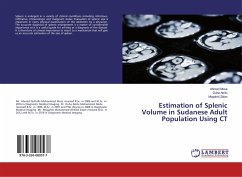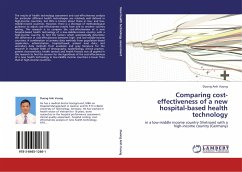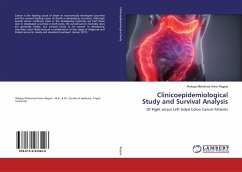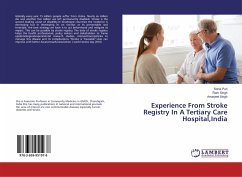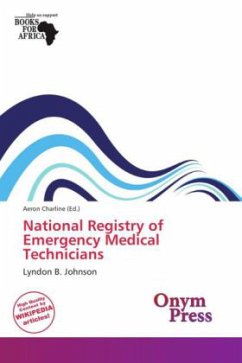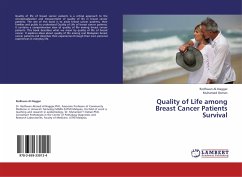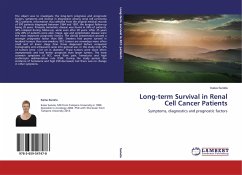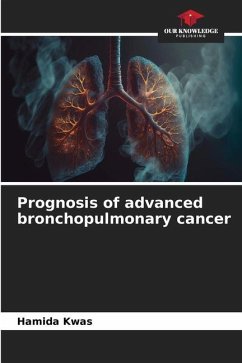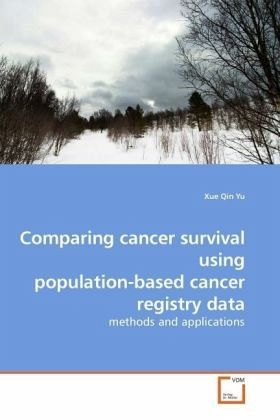
Comparing cancer survival using population-based cancer registry data
methods and applications
Versandkostenfrei!
Versandfertig in 6-10 Tagen
39,99 €
inkl. MwSt.

PAYBACK Punkte
20 °P sammeln!
Interpretation of comparative survival from population-based cancer registry data is generally not easy. This thesis describes studies of comparative survival based on population-based cancer registry data and illustrates their use in evaluating and potentially improving the quality of cancer care, with 4 published papers. In the 1st paper, I describe a modified method for estimating spatial variation in cancer survival using empirical Bayes methods. Then I apply this method to a more complete analysis of spatial variation in survival from colorectal cancer in NSW in the 2nd paper. In the 3rd ...
Interpretation of comparative survival from population-based cancer registry data is generally not easy. This thesis describes studies of comparative survival based on population-based cancer registry data and illustrates their use in evaluating and potentially improving the quality of cancer care, with 4 published papers. In the 1st paper, I describe a modified method for estimating spatial variation in cancer survival using empirical Bayes methods. Then I apply this method to a more complete analysis of spatial variation in survival from colorectal cancer in NSW in the 2nd paper. In the 3rd paper, I examine time trends in survival from 28 cancers in NSW between 1980 and 1996. In the 4th paper, I investigate the accuracy of staging information recorded in the registry database and assess the impact of error in its measurement on estimates of spatial variation in survival from colorectal cancer. Taken together, the 4 papers show that creative, informed use of population-based cancer registry data, with appropriate statistical methods and acknowledgement of the limitations of the data, can be a valuable tool for evaluating and possibly improving cancer care.



